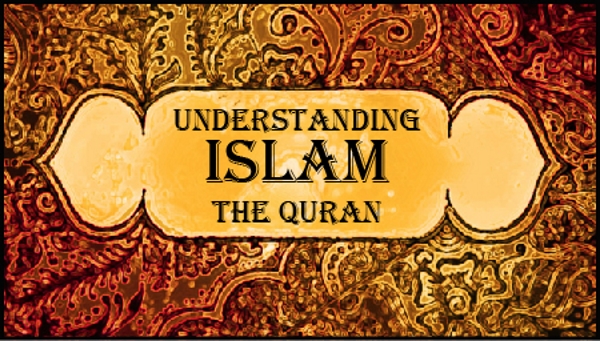By Tyson Thorne

Any study of a religion properly begins with its holy writings. The Christian Bible has come under repeated investigation throughout history and has valiantly stood each assault. The best one can argue against the accuracy of the Bible is not having found mention of certain people, places or wars in extra-Biblical literature, which when it comes down to it is really a fallacy of logic called “arguing from silence.” Some of the most commonly known facts about the authenticity and reliability of the Bible are:
• Written over a 1,600 year time span (over 60 generations!)
• Written by 40+ authors from every walk of life, in different locations and under different circumstances and moods
• Written on three different continents
• Written in three different languages
If ever there was a document that should contain contradictions and errors it is the Bible. Most other religious texts are penned by a single author, which makes getting things right much easier. The fact the Bible is consistent results in some arguing that it has been heavily revised over the years, but as we continue to find older and older manuscripts containing Bible quotes and texts we discover they are remarkably consistent, indicating no such revisions took place. The Bible is the most tested and reviewed book of all history, and no other ancient document has such a high credibility when given the bibliographic test.
By contrast, how does the Quran hold up? The Quran was “revealed” to Muhammad in several stages. The first stage was around the time of his 40th birthday (609 BC) when, in a cave he frequented for prayer, he was visited by a spirit being. This spirit commanded him to read aloud a text, but Muhammad could not as he was illiterate. This experience and the words in the text (as well as the being’s frustration with Muhammad) are all written in Sura 96 (the Quran is divided into different sections, similar to how our Bible is divided into books). It is unknown how much time passed between the first and second revelation, but the second is contained in Sura 74. The rest of the Quran would be revealed piecemeal throughout the rest of his life and in less dramatic ways. Muslims believe the Quran was written by God in eternity past and dictated to Muhammad over roughly a 20 year period.
As it was compiled over time its presentation is not linear, which makes it difficult to read and understand. No complete text of the Quran has been discovered in antiquity, only fragments, which may indicate that it was compiled from bits of teachings written down by followers of Mohammad in various surfaces (potsherds and skins) and assembled into a complete text after Muhammad’s death.
Even though the Quran was revealed over time, Islam teaches that it is a complete and eternal book that Muhammad essentially copied into Arabic in Arabia. It is believed to literally be Allah’s word, and nowhere is the text influenced by Mohammad. This is very different from the Christian Bible wherein the writing style of the 40+ individual authors is apparent.
In addition to these differences in the idea of “inspiration” is the notion that the text is not influenced by any other religious teachers or writings. Books have been written (one of the more interesting being Anatomy of the Qur’an) on the materials contained in the Quran that parallel accounts in the Midrash, other Jewish commentaries and Gnostic texts denying the crucifixion of Jesus. Is it mere coincidence that among Muhammad’s religious advisors were Abdullah ibn Salam, a learned Jewish rabbi who later threw in with Muhammad, and an ex-Roman Catholic monk named Waraqa ibn Naufal?
There are other evidences which show the Quran to be faulty. The first of which is contradictions in the text itself:
“Those who believe [the Quran] and those who follow the Jewish [Scriptures] and the Christians and the Sabians – anyone who believes in God and the last day and work righteousness – shall have their reward with their Lord; on them shall be no fear nor shall they grieve.” Sura 2:62
“If anyone desires a religion other than Islam they will be in the ranks of those who have lost all spiritual good.” Sura 3:85
There are other contradictions as well, so many in fact that an entire school of thought arose from Muslim’s attempting to make sense of it. A practice called “abrogation” works through the Quran in an attempt to discover these contradictions and figure out which is the latest, and therefore final, word of the Lord. The former teaching is repealed in a very real sense, so that the later teaching may be accepted.
By contrast, the Jewish standard for their prophets is that one prophet cannot contradict a previous word of God. If such a contradiction occurred it would be investigated and the false prophet would be killed. No such standard exists in Islam, which teaches that the Quran supersedes all previous testimonies of God. The consistency of the Bible is vastly superior to that of the Quran. Even Jesus stated he had not come to abolish the law but to fulfill it! Nothing passes away, nothing is replaced or repealed or superseded, and nothing is irrelevant. God’s word stands final and firm.
Click here for next article in series.
|
|
